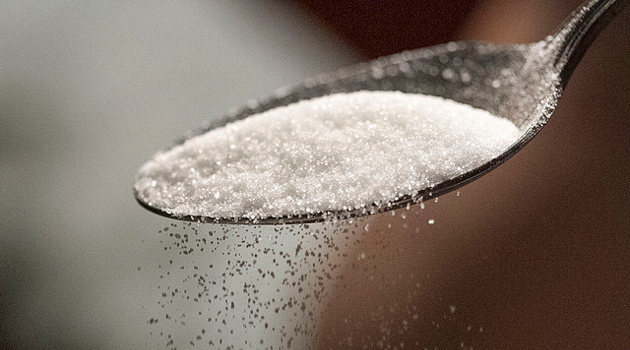The theory of “public choice” teaches us how politicians do dumb things because of perverse incentives.
To illustrate, let’s look at something really dumb: sugar subsidies.
I wrote about these inane subsidies back in 2018.
In that column, I shared some research showing big economic gains if the handouts were eliminated.
The bad news is that the cost of these subsidies is now even higher.
And the cost of the program doesn’t just hit consumers. It’s also destroys jobs.
Here are some excerpts from a column by George Will in the Washington Post.
Limiting sugar imports transfers wealth from 335 million Americans who consume sugar and products containing it to, primarily, about 4,000 producers of beet and cane sugar. …import quotas make the U.S. price of sugar two to three times the world market price, a boon to U.S. confectioners’ foreign competitors. …The Agriculture Department can also prop up U.S. sugar prices by buying domestically produced sugar, thereby keeping it off the market. The department “then sells this sugar to U.S. ethanol (of course) producers, often at a big loss (of course).” …A 2006 Commerce Department study concluded that for every job in sugar production that was saved by protectionism, nearly three jobs were lost in the confectionary industry. And the cost to the economy of each sugar production job saved was $826,000 in 2002 dollars ($1.4 million today).
But there’s more damage.
In addition to hurting consumers and workers, Professor Mark Thornton explains that sugar subsidies are bad for the environment.
Here are some excerpts from his column for the Foundation for Economic Education.
The red (or maroonish) tide is truly a nasty problem that I have experienced first-hand in the form of a ruined vacation. …The algae are a natural phenomenon that has been known of for almost two centuries. However, the harmful “blooms” have occurred much more often and in more places in recent decades. …Though other factors play a role in the algae bloom crises, one of the most significant involves the sugar industry. A combination of federal sugar subsidies, federal regulations on pollution, and federal control of Lake Okeechobee (a giant lake in southern Florida) runoff guidelines have created a recipe for disaster. …The federal sugar subsidy has created a massive increase in fertilizer use in agriculture in southern Florida and in other states, such as Louisiana. The EPA protects farmers and others who dump chemicals into the water by setting protection “limits,” and then federal officials dump excessive pollutants into our waterways and we have no recourse against them. I think the solutions are simple and straightforward. End the sugar subsidies.
In addition to ending sugar subsidies, it would be nice to end all agriculture subsidies.
And to make me really happy, also shut down the Department of Agriculture.
P.S. George Will mentions that sugar subsidies overlap with ethanol subsidies. If there’s also an overlap with the Export-Import Bank, that would create a connection for three of the most corrupt programs in a town that has made corruption an art form.



